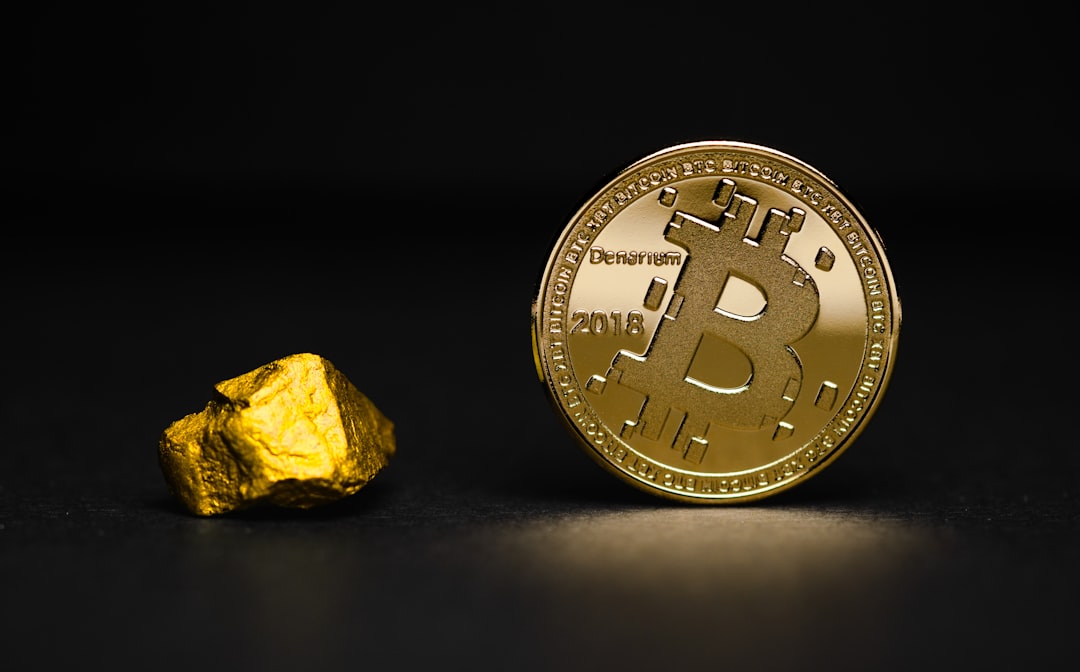
When we discuss government tariffs and trade squabbles, what we are really focusing on is how they affect conventional markets – you know, the cost of imported goods, stock prices of cross-border trading firms, and perhaps the worth of national currencies. Bitcoin that’s out there in the digital world almost seems to be playing a totally different game. However, unbelievably enough, there is a unique and rather surprising manner in which the uncertainty caused by tariffs would have its own unique impact on the trajectory of Bitcoin.
Here is the connection that is being noticed: The continued uncertainties surrounding tariffs, especially the one from individuals such as Donald Trump, could innocently serve to reinforce the case for Bitcoin as a “digital gold” or a haven asset, taking its price northwards.
Think about it: For a long time, Bitcoin was, primarily, a “risk-on” asset – the thing you bought when, well, the economy felt good and investors were after growth. It was characterized by wild price fluctuations. But in times of economic turmoil or geopolitical threat, such as in the case when countries engage in unexpected tariff wars, investors tend to seek out parks for their funds rather than putting them at risk in places that are more exposed to currents in national economies or volatile stock markets. Classically, gold has played out this role.
But some are now arguing that Bitcoin has characteristics that make it a viable, digital alternative. It's decentralized, meaning no single government controls it. Its supply is strictly limited by code – only 21 million Bitcoins will ever be created, making it inherently scarce, unlike traditional currencies that can be printed in unlimited amounts.
If tariffs send ripples of uncertainty around the globe in the financial markets and lead investors to reexamine their exposure to assets that are priced in particular currencies or are highly dependent on overseas trade, a portion of this capital may begin to seek a new abode. If the story of “digital gold” for Bitcoin gathers steam during these wobbly times, it may draw investment for the use as a store of value out of the system.
Therefore, in this relatively unanticipated turn, those very trade policies that were intended to save industries or change trade balances may ironically reveal some of the benefits of a decentralized scarce digital asset like Bitcoin. The longer the uncertainty in tariffs remains, the better the case for Bitcoin as a haven becomes for some investors, thus pushing demand and pushing up its price. It is an intricate give-and-take, illustrating how ripples that can flow from events in the traditional economic world into the cryptocurrency world can just be shocking.













